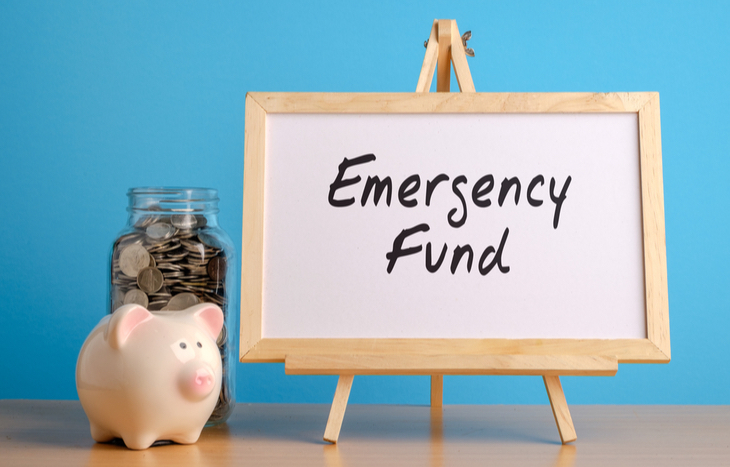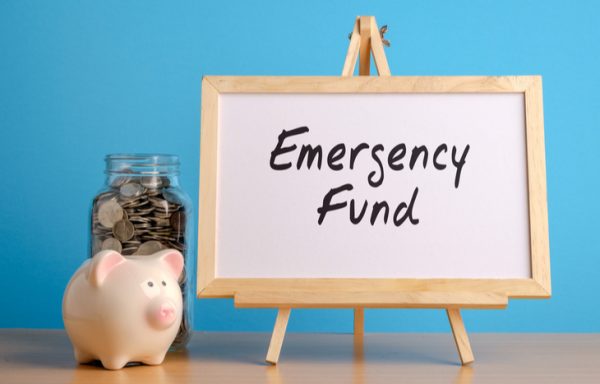On the journey to financial freedom, one of the most important actions that grant you the financial freedom you desire is building an Emergency Fund. An emergency fund is an essential part of a solid financial plan. An emergency fund is money set aside for unplanned and unexpected expenses, such as
Unemployment
Read more about Finance
Urgent medical procedures
Emergency home repair
Unforeseen auto repair
Sudden death or disability in the family
Medical bills thereby reducing the need and costs associated with personal loans.
An emergency fund can also come in handy when you lose income, resulting from job loss or extended illness.
Emergencies tend to occur at any time and if there is no backup plan to manage or handle such emergencies, chances are that you might end up taking a loan that might take a long while to pay back, that is why it is important to have emergency funds otherwise known as a backup plan.
Having an emergency fund can provide peace of mind, and assurance that you have money when an unexpected expense happens.
Sign up for the Connect Nigeria daily newsletter
How much to save in your emergency fund
It is called an emergency, which means no specified amount of money should be there, however, an emergency fund should cover three to six months’ worth of expenses, but saving that amount takes time. To help get you started, have a savings goal, begin with small goals, and then work your way up to a reserve to cover several months’ worth of expenses.
Your savings goal will depend on your income and expenses. Focus on having enough to cover expenses, not on replacing your entire income.
How to Build an Emergency Fund
Start by Making a Budget
Without a budget, it might be difficult to come up with a savings plan because you don’t even know where your money is going. A budget is a spending plan that helps you to determine how much money you need each month to cover essential expenses.
It is important to know where your money is going to find ways to save. Budgeting helps you maximize income and find ways to reduce or manage your spending.
Set Savings Goals
One of the most important things to note is that if you’re a beginner, you should try to start with smaller saving goals then the more you save, you can increase your saving goals to larger ones.
Whatever it takes to make your first goal seem doable because when you reach your first saving goal, it gives you the motivation to keep going and even set the next one higher.
Over time, with discipline and consistency, the saving will have become a habit, and the positive motivation you’re building by reaching the smaller goals will help propel you toward larger ones.
Register to attend the Connect Nigeria Business Mixer
Start with Small, Regular Contributions
Set a particular amount of money to be saved each month, however, just like your savings plan, set your initial contribution level at a relatively small amount. That will ensure you don’t stress your cash flow, making it too easy for you to rationalize abandoning your savings routine. Choose that amount and commit to saving it at regular intervals: per month, per week, or paycheck. The key is consistency and over time, it becomes a habit, not a recurring struggle.
Automate your Savings
One of the easiest tricks in saving is never to touch it in the first place, in some cases, people don’t even get to see the money at all, they just keep saving and saving. In some organizations, most employers provide direct deposit, and some will even deposit to more than one account. To automate your savings, set up a separate account just for your emergency fund and have your chosen contribution amount deposited automatically, either by your employer or by your bank. Use a savings or other type of account that you can’t access easily, unlike a current account.
An emergency fund is the best way to save for unplanned events. Emergencies can happen whether you’re prepared or not, so being prepared is the best to handle a potentially difficult situation.
Featured Image Source: StartupGuys.net
Got a suggestion? Contact us: [email protected]


